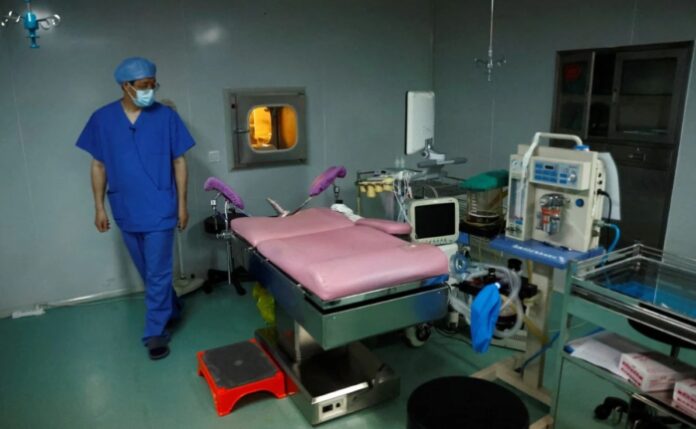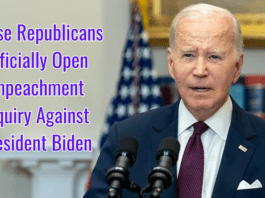Women like Chen Luojin may be a part of the answer as China attempts to slow its demographic decline.
The 33-year-old divorcee resides in Chengdu, the capital of the southwestern Sichuan province, where it was made legal in February for single mothers to register their children countrywide as part of China’s effort to combat historically low birth rates.
Since the changes, unmarried women are now eligible for child subsidies and paid maternity leave, which were previously only available to married couples. In a private clinic, Chen had legal access to in-vitro fertilisation (IVF) treatment, which was crucial.
She is ten weeks along currently.
The logistics worker Chen stated, “Being a single parent is not for everyone, but I’m delighted with the decision. Equally, it is up to each person to determine whether or not to get married. IVF is widely used by single women now that our policies have been liberalised.
Liberalising IVF on a national scale could increase demand for reproductive treatment in what is already the largest market in the world, placing pressure on the few fertility providers available. Some business investors believe there is room for growth.
Although the National Health Commission (NHC) of China has previously acknowledged that many young women are delaying plans to get married and have children and noted that high costs of education and child-rearing have contributed to declining marriage rates, it did not respond to a request for comment regarding the liberalisation of IVF access.
Unmarried women may now register their children in Shanghai and the southern province of Guangdong, although IVF procedures for unmarried women are still illegal.
massive unmet need
The majority of IVF facilities in China, according to Lyppens, were operating at full capacity before the COVID-19 epidemic and are likely to soon experience a similar situation now that the nation has eased restrictions relating to the virus. There are no estimates for the number of patients who need treatment but are unable to receive it, but some women who benefit from it claim they must wait hours for their turn.
Xiangyu, 34, a married woman undergoing IVF in Chongqing, some 300 kilometres (186 miles) east of Chengdu, complained that there were huge lines at the hospital. In order to protect her privacy, she talked under the condition of partial anonymity.
But proxies do exist.
500,000 IVF cycles are given to Chinese women each year at clinics outside of China, according to Camila Caso, director of platform at Recharge Capital, a company that invests in reproductive clinics and technology.
From 1980 until 2015, the nation adhered to a strict one-child policy, which was the cause of many of its demographic issues and contributed to India’s rise to the top spot in the world’s population. Three children are now the maximum allowed.
In the next three to four years, according to Caso, her fund plans to open about 15 clinics in Thailand, Malaysia, and Singapore in addition to the two that are now being opened in Bangkok and Kuala Lumpur. She said that Recharge may meet Chinese demand through the Southeast Asian market. The fund is not investing in China due to uncertainty around IVF incentives, she said.
“People in China are getting married and starting families much later than they used to, which has increased infertility, miscarriage, and the risk of foetal abnormalities,” she claimed.
Women have more options
The Society for Assisted Reproductive Technology reports that the average success rate of an IVF cycle in the United States is 52%.
According to Lin Haiwei, head of Beijing Perfect Family Hospital, which specialises in fertility treatments, the rate in China is just over 30%, in part because of the high levels of stress experienced by women and an increasing average age at which they have children. International specialists claim that some IVF laboratories in China are likewise of poor quality.
According to population experts, there are a number of issues that need to be addressed in addition to improving access to fertility services, such as significant gender disparity, a weak social safety net, and factors like expensive schooling and poor earnings that contribute to China’s demographic challenge.
It can nevertheless have an effect.
According to Lin, over 300,000 infants, or about 3% of all births, are already produced by IVF each year in China.
According to Lin, a comparable policy that can fulfil the desire to have children for many individuals would likely be released soon.
There are some women who desire children but do not desire marriage. Yang replied, “I could decide to do IVF.







